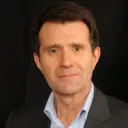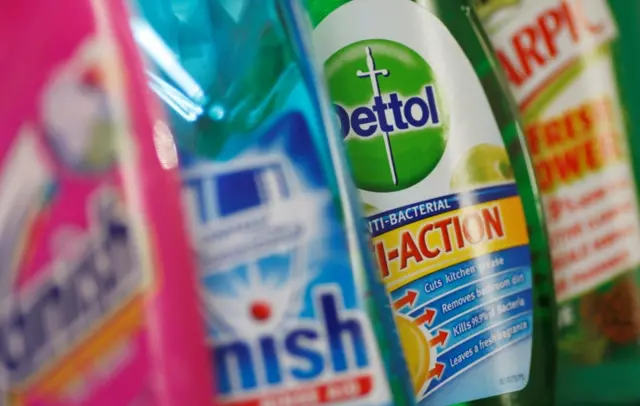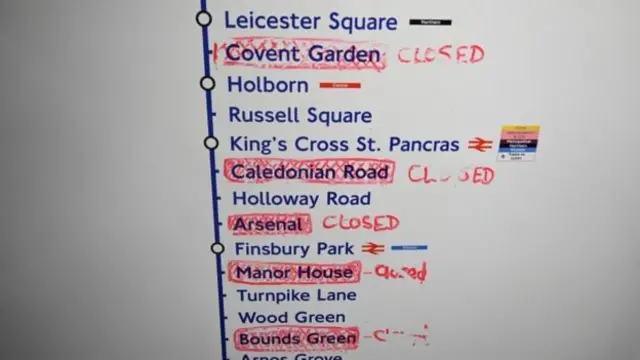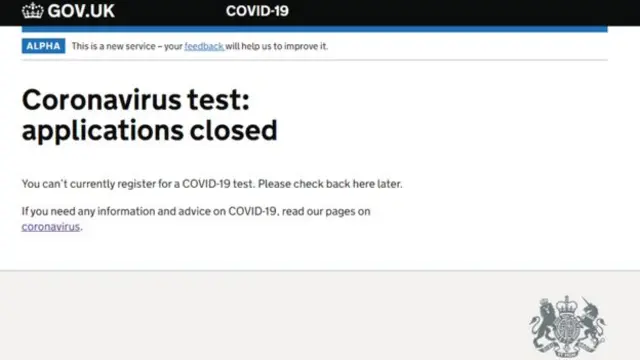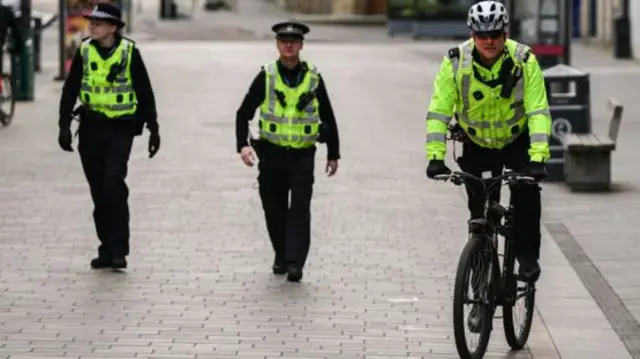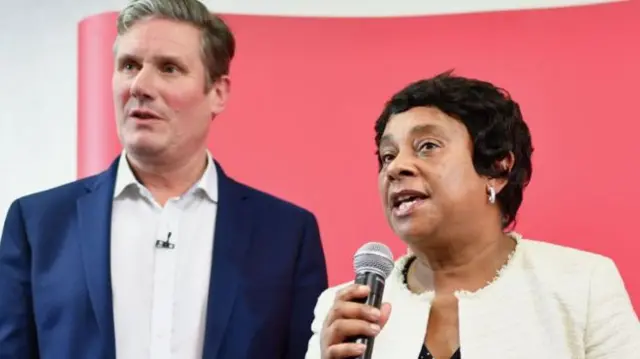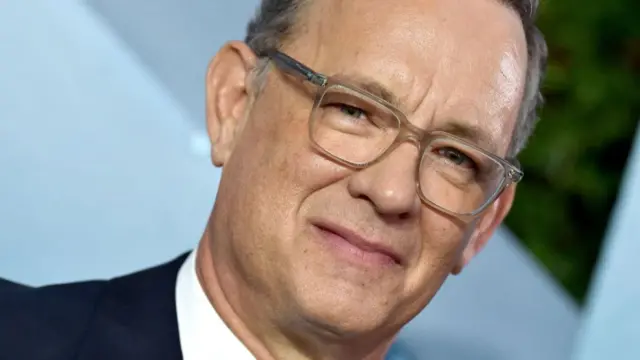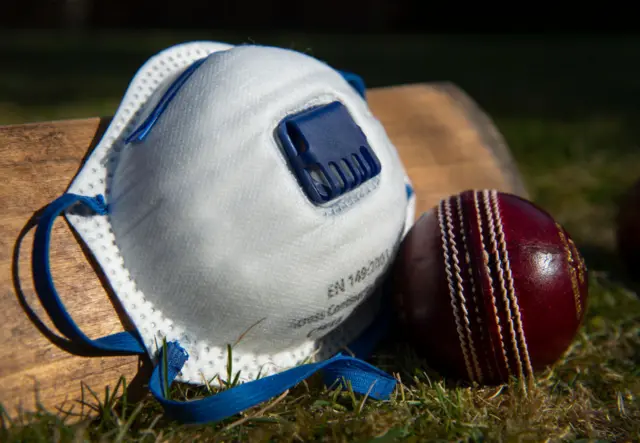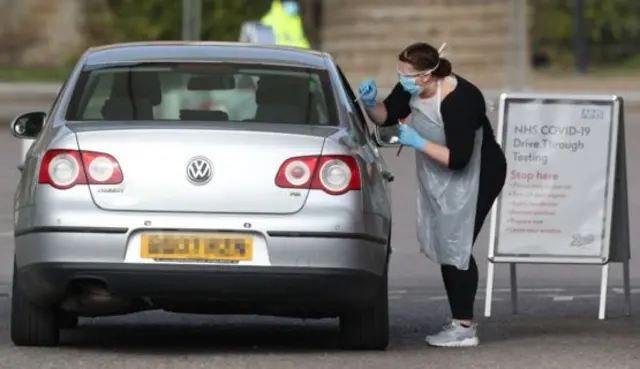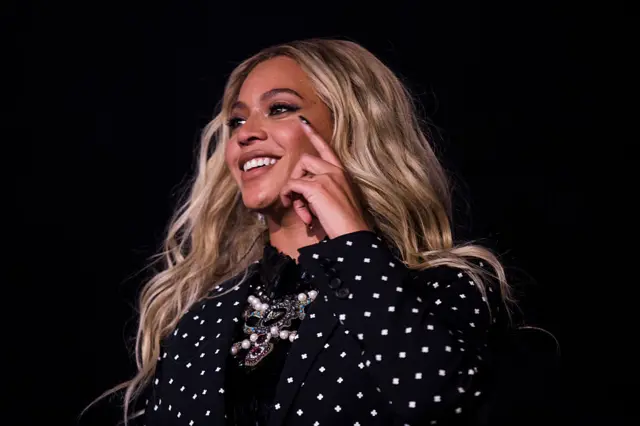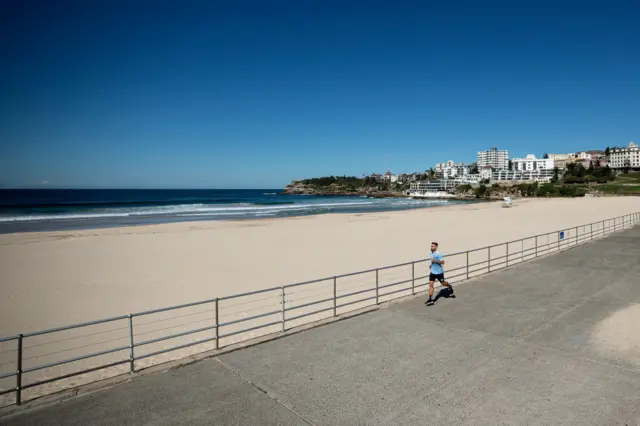Who can be tested in the UK?published at 12:38 BST 24 April 2020
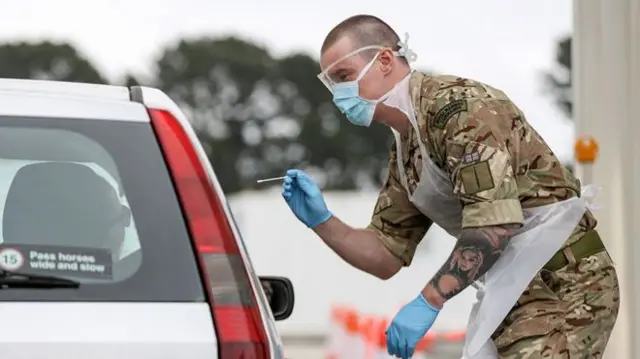 Image source, MoD/PA
Image source, MoD/PAHospital patients, NHS and care staff, emergency services, care home residents and now all essential workers, external and their families should be able to get tested.
Testing is not yet available for the general public, although it will be an important part of the next phase, once lockdown restrictions are relaxed.
Key workers in England who are self-isolating because they or a family member have coronavirus symptoms can be referred for a test by their employer or apply online themselves., external
Then they can choose whether to attend a regional test site or ask for a home test kit - although availability is limited.
In Scotland, tests are being prioritised for health and social care staff, external. Wales is adopting a needs-based approach , externalto testing for NHS and "critical" non-NHS workers. In Northern Ireland key workers can be tested , externalat one of three drive-through centres.
You can read more about the UK's testing strategy here.
